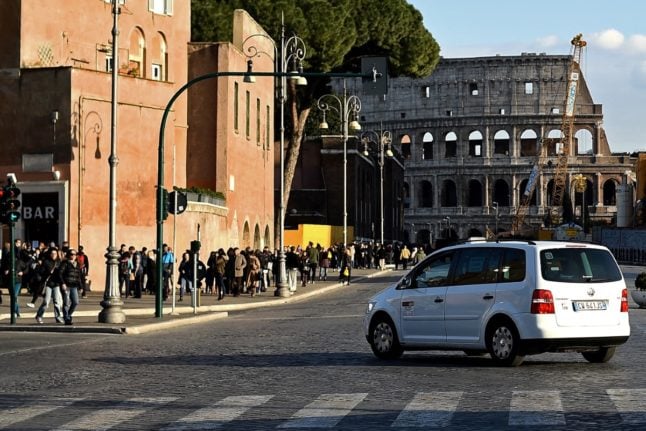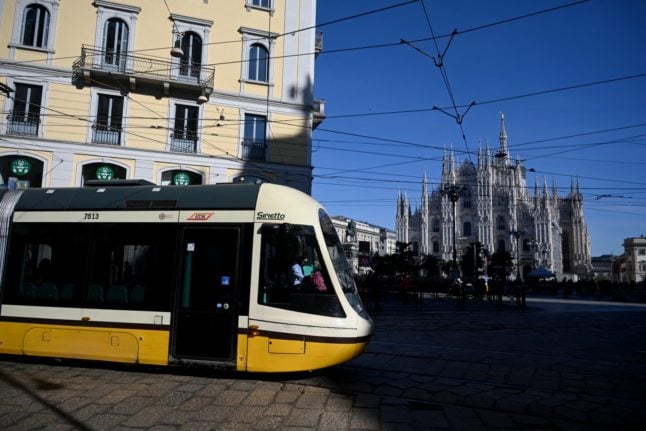This marked the first time Rome issued a tender for new taxi licences since 2004.
Rome Mobility Councillor Eugenio Patanè said the move was “an important result for the city following a 20-year wait, especially in view of the upcoming 2025 Jubilee”.
“The 1,000 licences will be allocated as follows: 800 for standard taxis and 200 intended for vehicles equipped to transport people with disabilities,” he added.
Rome Mayor Roberto Gualtieri praised the development, calling it “a historic day for the city”.
“The tender for new taxi licences is now online, with applications open until September 23rd. After that, there will be the qualifying exams, and by December, we aim to issue the licences,” he said.
The 800 standard taxi licences were set to sell for 75,500 euros each, whereas licences for the transport of people with disabilities were set to go for 52,850 apiece.
Candidates looking to participate in the tender were asked to submit their application via Italy’s recruiting portal inPA.
The issuance of new licences was first announced in mid-July following years of complaints from both locals and visitors about long queues and lengthy wait times when trying to hail a ride.
READ ALSO: OPINION: Italy’s taxis are often a nightmare, but will things ever change?
“There are too few taxis, we need more as soon as possible to avoid the scenes of endless queues we are witnessing,” Gualtieri told Italian media at the time.
Rome had some 1.3 million ‘unresolved calls’ – that is, people who tried and failed to book a taxi – in July 2023, according to a report from newspaper Il Corriere della Sera.
As of July of this year, the number of cabs available in Rome stood at 7,700 – that was over 11,000 fewer than in London (19,000) and Paris (18,500).
The figure excluded private hire services, including Uber, which in Rome is only allowed to operate in a very limited way.
Rome and other major Italian cities, including Milan and Naples, have long experienced chronic taxi shortages, which have been exacerbated by drivers unions’ resistance to private ride-hailing services and to the issuance of new licences.
Earlier this year, unions staged a series of strikes over a proposed industry reform aimed at increasing the number of taxi licences available in the country and reducing customers’ wait times by means of new ride-hailing digital platforms or apps.



 Please whitelist us to continue reading.
Please whitelist us to continue reading.
Member comments